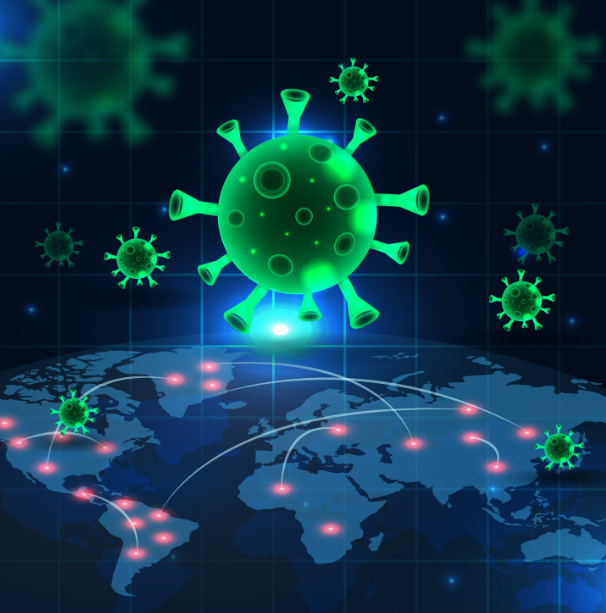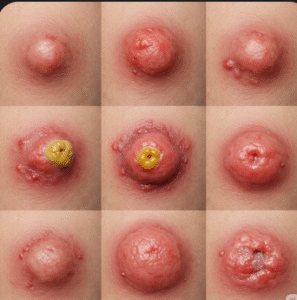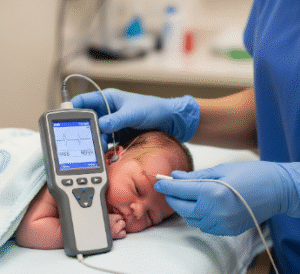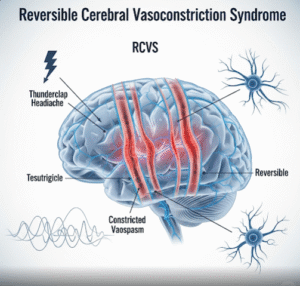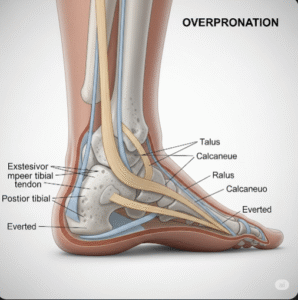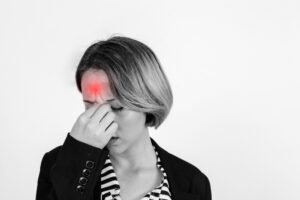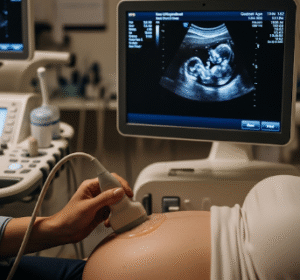Overview
Coronavirus Disease 2019 (COVID-19) is a contagious viral infection caused by the SARS-CoV-2 virus. It primarily affects the respiratory system but can impact multiple organs. Since its emergence in late 2019, COVID-19 has caused a global pandemic. South Korea has implemented comprehensive measures for prevention, testing, and treatment, making it a model for controlling outbreaks.
What is COVID-19?
COVID-19 is caused by the novel coronavirus SARS-CoV-2. It spreads mainly through respiratory droplets and close contact. Infection can range from asymptomatic or mild respiratory illness to severe pneumonia, multi-organ failure, and death.
Symptoms
Symptoms typically appear 2–14 days after exposure and can include:
- Fever or chills
- Cough
- Shortness of breath or difficulty breathing
- Fatigue
- Muscle or body aches
- Headache
- Sore throat
- Loss of taste or smell
- Congestion or runny nose
- Nausea or vomiting
- Diarrhea
Severe cases can lead to acute respiratory distress syndrome (ARDS), multi-organ failure, and death.
Causes
COVID-19 is caused by infection with SARS-CoV-2, a novel coronavirus. Transmission occurs primarily through:
- Respiratory droplets from coughing, sneezing, or talking
- Contact with contaminated surfaces followed by touching the face
- Airborne transmission in enclosed spaces with poor ventilation
Risk Factors
- Older age (especially 60+)
- Preexisting conditions such as heart disease, diabetes, or chronic lung disease
- Immunocompromised state
- Obesity
- Pregnancy
- Close contact with infected individuals
Complications
- Pneumonia and ARDS
- Acute respiratory failure
- Blood clots leading to stroke or heart attack
- Kidney injury or failure
- Long COVID: persistent symptoms including fatigue, brain fog, and respiratory problems
- Death in severe cases
Prevention
- Vaccination with COVID-19 vaccines (primary series and boosters)
- Wearing masks in crowded or enclosed spaces
- Regular handwashing and use of hand sanitizer
- Maintaining physical distancing when needed
- Avoiding crowded or poorly ventilated areas
- Monitoring symptoms and seeking early testing if exposed or symptomatic
Treatment Options in Korea
South Korea offers advanced care for COVID-19 patients, combining hospital treatment, home care, and telemedicine support:
- Testing and Diagnosis
- PCR testing for accurate diagnosis
- Rapid antigen tests for quick screening
- Chest imaging (X-ray or CT scan) in hospitalized patients
- Medications
- Antiviral treatments (e.g., Paxlovid, Remdesivir)
- Monoclonal antibodies for eligible patients
- Supportive medications for fever, inflammation, and symptom relief
- Hospital Care
- Oxygen therapy for patients with low oxygen levels
- Intensive care for severe cases
- Ventilator support or ECMO in critical patients
- Home Isolation and Monitoring
- Mild cases may be managed at home with telemedicine support
- Daily symptom reporting via apps approved by the Korean government
- Post-COVID Care
- Rehabilitation for respiratory and physical recovery
- Mental health support for anxiety or depression
- Monitoring and treatment for long COVID symptoms
Major Centers for COVID-19 Care in Korea:
- Seoul National University Hospital
- Samsung Medical Center
- Asan Medical Center
- Korea Centers for Disease Control and Prevention (KCDC) guidance and support

